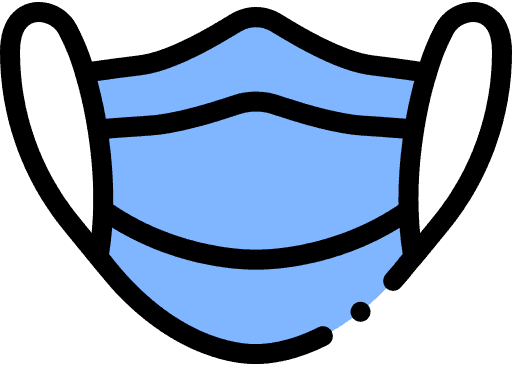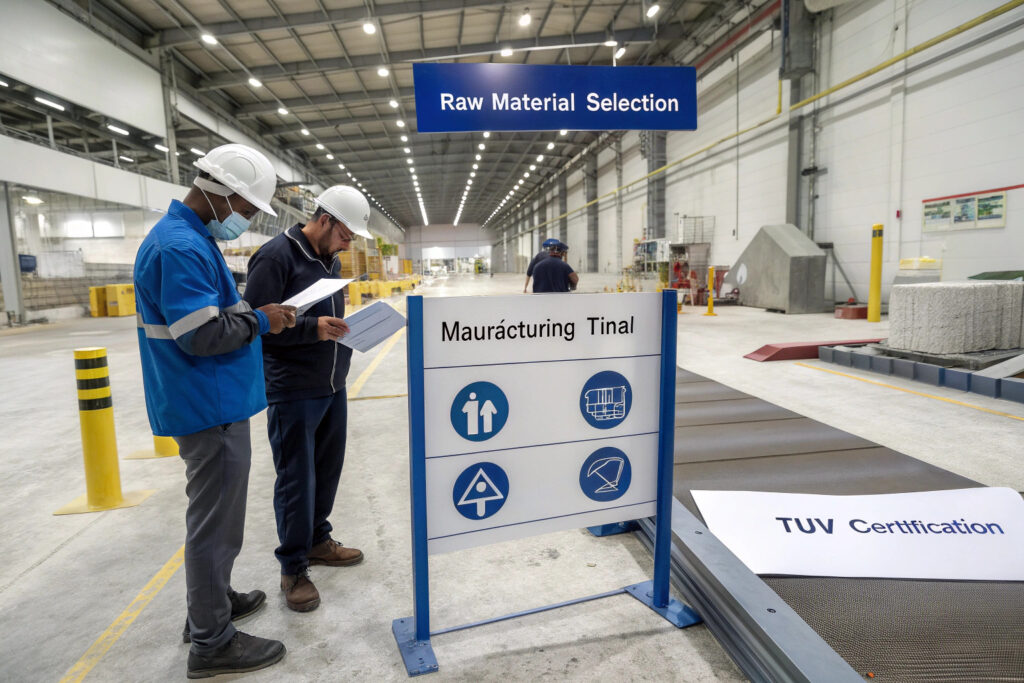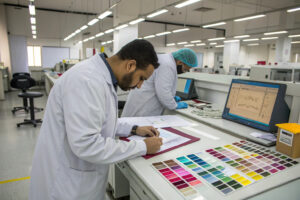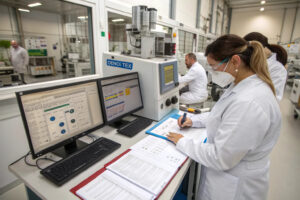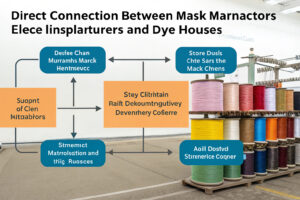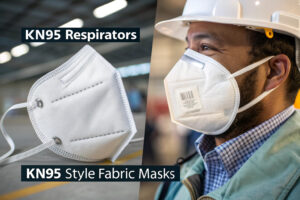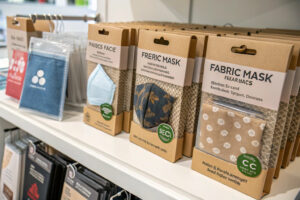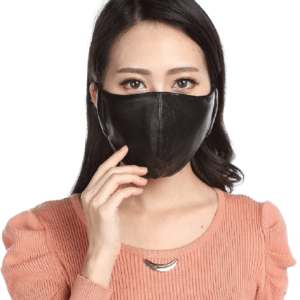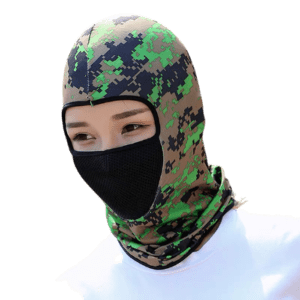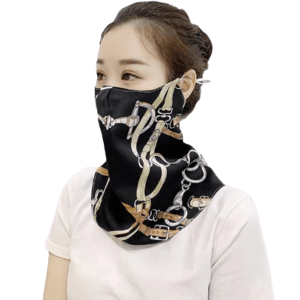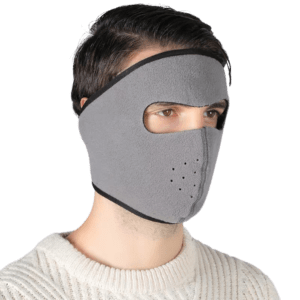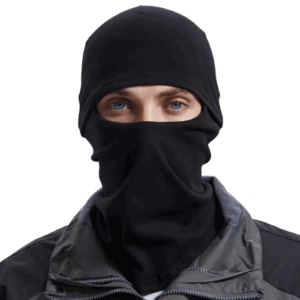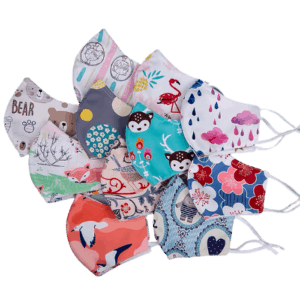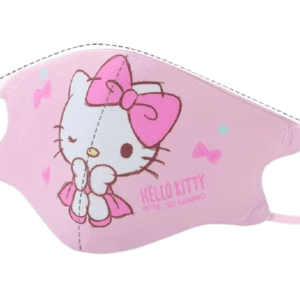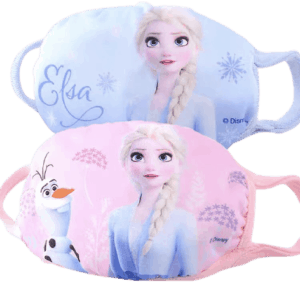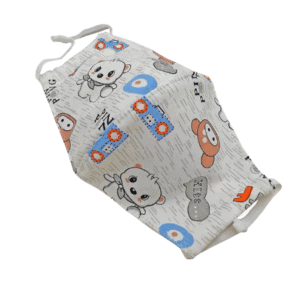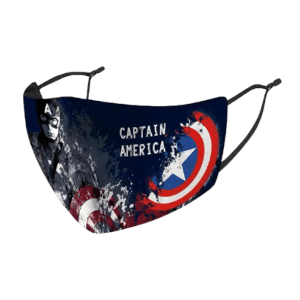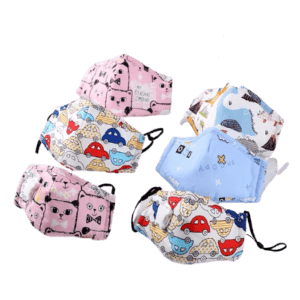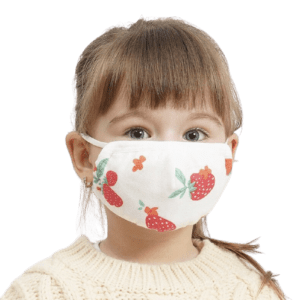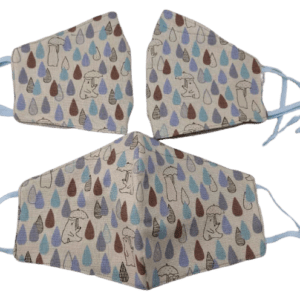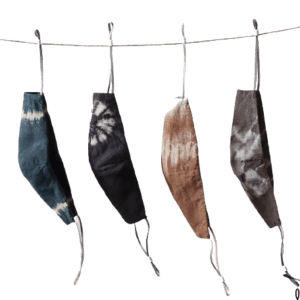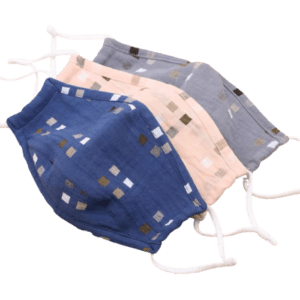Sourcing biodegradable fabric masks with TUV certification requires navigating a complex landscape of material science, manufacturing standards, and rigorous certification processes. TUV certifications—particularly the "OK biodegradable" marks—provide internationally recognized verification of a product's environmental claims, but achieving these standards demands careful supplier selection and material specification from the earliest sourcing stages.
To source biodegradable fabric masks with TUV certification, identify suppliers specializing in certified biodegradable textiles, verify their materials have pre-existing TUV certifications, ensure manufacturing processes maintain certification integrity, and obtain complete documentation including test reports and certification numbers. The most reliable approach involves partnering with manufacturers who have established relationships with certified material suppliers and experience navigating TUV's specific requirements.
The TUV "OK biodegradable" certification family includes different standards for various environments (industrial composting, home composting, soil, water), making it crucial to specify which certification aligns with your product's intended end-of-life scenario. Sourcing masks that genuinely meet these standards requires understanding both the material requirements and the certification chain of custody. Let's examine the specific steps to successfully source TUV-certified biodegradable fabric masks.
What TUV Certification Standards Apply to Fabric Masks?
Understanding the specific TUV standards helps target the appropriate certification for your biodegradable masks.
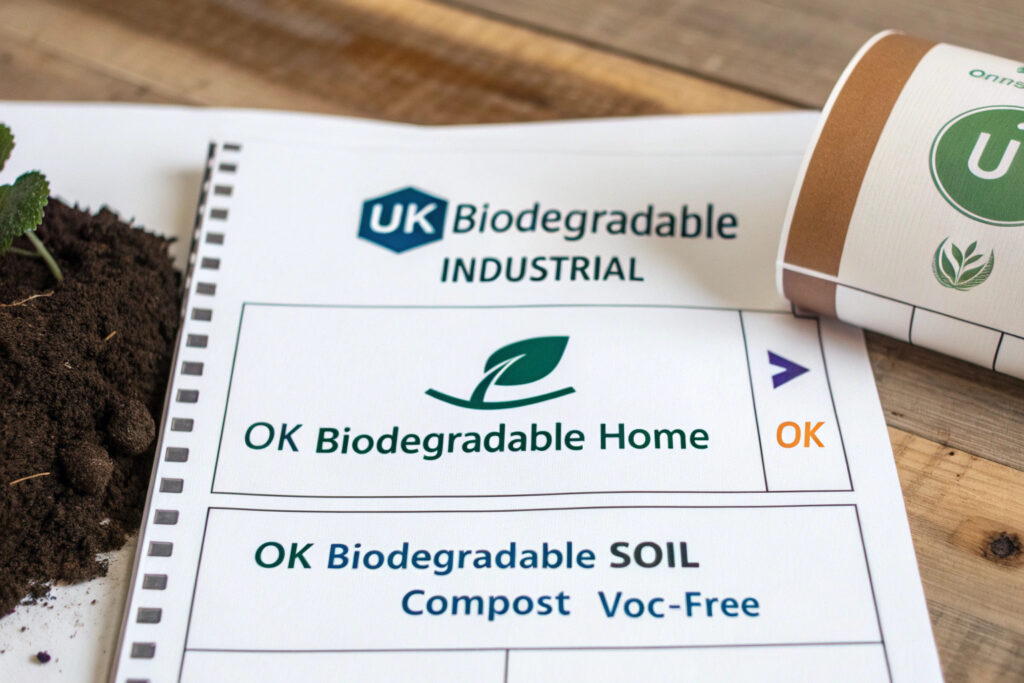
What does OK biodegradable INDUSTRIAL require?
OK biodegradable INDUSTRIAL certification (based on EN 13432) verifies complete biodegradation in industrial composting facilities within 6 months, with strict limits on heavy metals and other harmful substances. This standard requires that at least 90% of the material converts to CO2 within 180 days under controlled composting conditions. For mask applications, this typically means using PLA (polylactic acid) non-wovens or specific cellulose-based fabrics that meet these rigorous decomposition standards. Our certified industrial compostable masks use PLA-based materials that have achieved this certification.
How does OK biodegradable HOME differ?
OK biodegradable HOME certification follows a similar framework but tests degradation under lower-temperature home composting conditions, typically requiring complete biodegradation within 365 days. This standard is more challenging to achieve but offers greater end-of-life flexibility for consumers. Materials that qualify include certain bamboo viscose, organic cotton, and specialized biopolymer blends. Our home-compostable mask line uses a patented bamboo-cotton blend with TUV certification for home composting environments.
What Materials Typically Achieve TUV Biodegradability Certification?
Only specific materials with verified decomposition profiles can meet TUV's rigorous biodegradability standards.
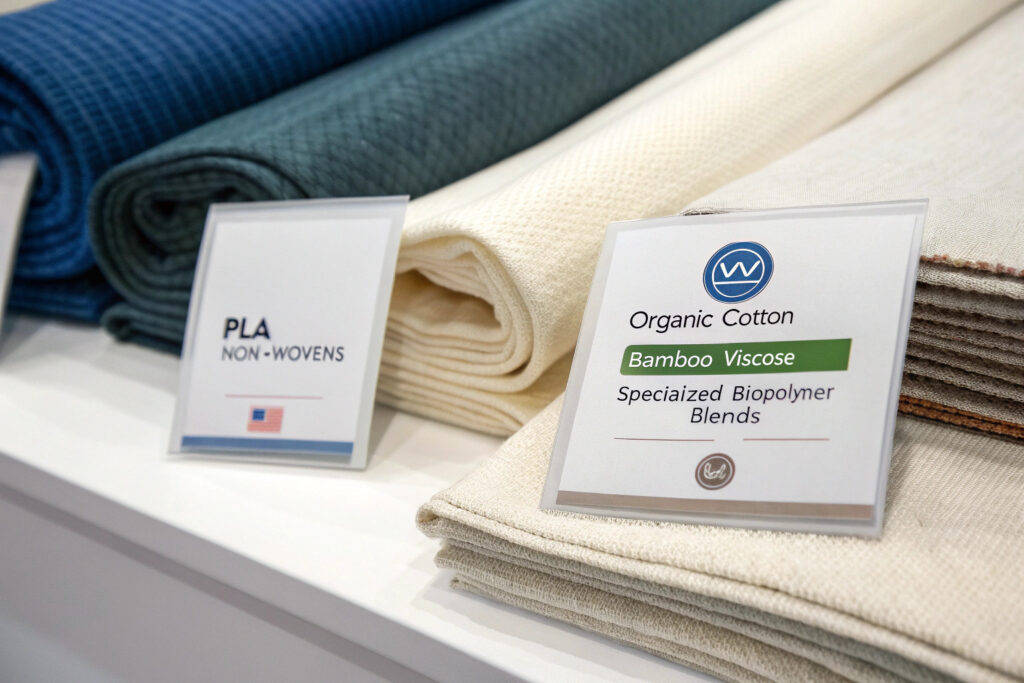
Why are PLA-based fabrics commonly certified?
Polylactic acid (PLA) fabrics derived from corn starch or sugarcane consistently meet OK biodegradable INDUSTRIAL standards because they're designed to break down into lactic acid, then into water and carbon dioxide under industrial composting conditions. These materials offer the additional advantage of being producible in non-woven formats similar to conventional mask materials. Our PLA mask materials carry TUV certification with documented 98% biodegradation within 120 days in industrial composting environments.
How do natural fibers perform in certification?
100% organic cotton and bamboo viscose can achieve OK biodegradable HOME certification when processed without chemical treatments that impede biodegradation. The certification requires that all components—including threads, labels, and any coatings—meet the same biodegradability standards. Our certified organic cotton masks use plant-based dyes and cotton threads to maintain complete certification compliance from fabric to finished product.
How to Verify Supplier Certification Claims?
With growing interest in sustainable masks, certification claims require careful verification to avoid greenwashing.
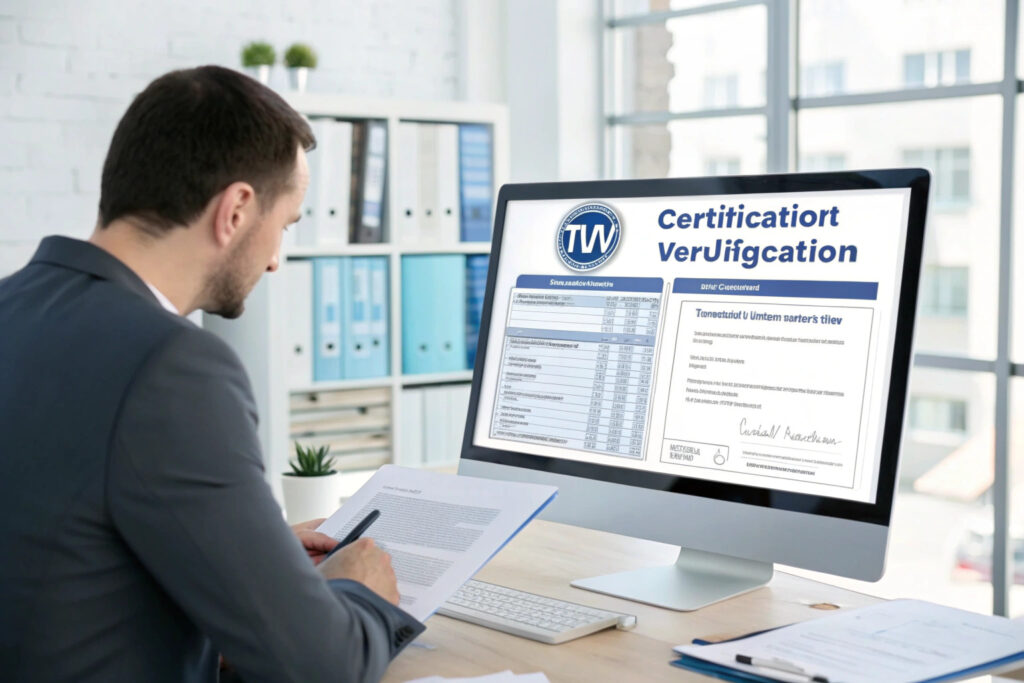
What documentation should suppliers provide?
Complete certification packages including the TUV certificate with unique identification number, test reports from accredited laboratories, material safety data sheets, and documentation of the certification's scope and validity period. Reputable suppliers should readily provide these documents and explain how their manufacturing processes maintain certification integrity. Our TUV-certified products include complete documentation packages that clients can verify directly through TUV's online database.
How can you verify certification authenticity?
TUV certification numbers can be verified through TUV Austria's online certification database "Certipedia," which provides public access to current certification status and scope. Additionally, requesting test reports from accredited laboratories ensures the certification applies to the specific materials being used rather than similar products from the same supplier. We encourage clients to verify our certifications directly through TUV's platforms to ensure complete confidence.
What Manufacturing Considerations Maintain Certification?
The manufacturing process itself must preserve the biodegradability characteristics of certified materials.
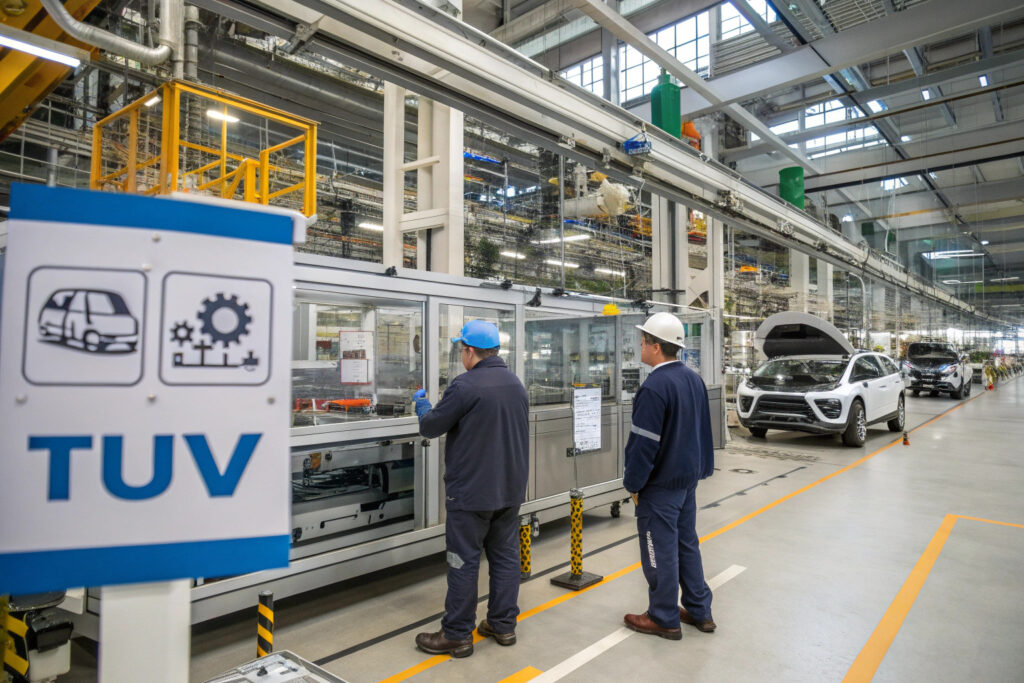
How do manufacturing processes affect certification?
Chemical-free or low-impact manufacturing is essential to maintain biodegradability certification. Processes like sewing with certified organic cotton thread, using water-based adhesives if needed, and avoiding chemical treatments that could impede decomposition are crucial. Our manufacturing facilities for certified biodegradable masks maintain separate production lines to prevent cross-contamination with conventional materials.
What about component compatibility?
All mask components must meet the same biodegradability standards as the main fabric. This includes elastics (often the most challenging component), nose wires, threads, and any labels or packaging. We've developed plant-based elastic alternatives and paper-based nose wires that maintain comfort and function while achieving TUV HOME certification for the complete mask assembly.
What Are the Cost Implications of TUV Certification?
TUV-certified biodegradable masks typically command premium pricing, but understanding the cost drivers helps evaluate the investment.
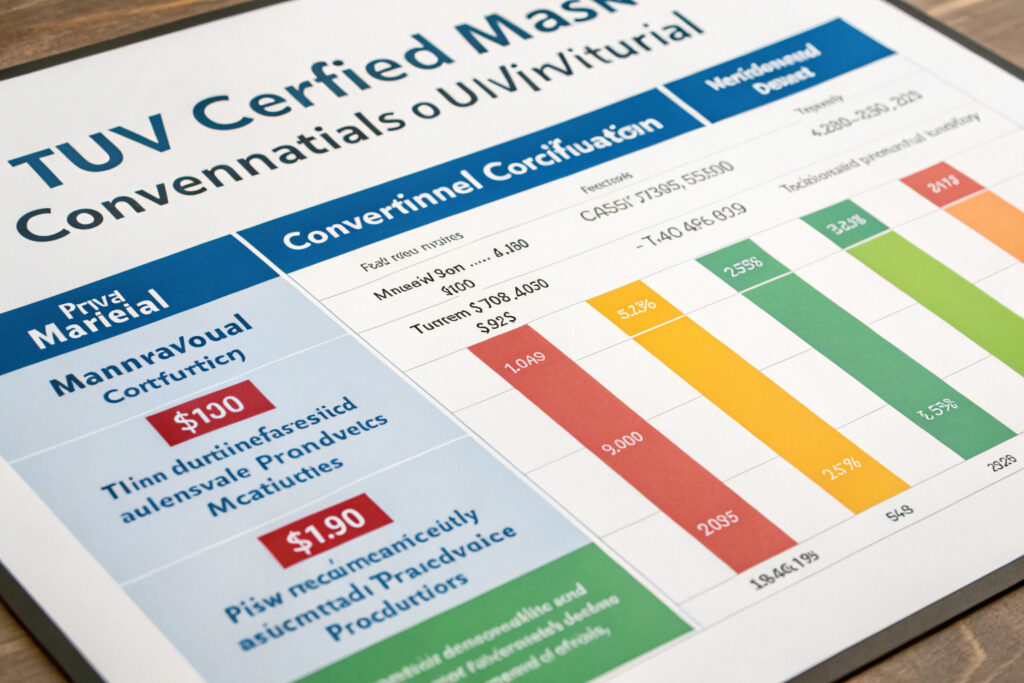
How much more do certified materials cost?
TUV-certified fabrics typically cost 40-80% more than conventional mask materials due to specialized production, certification expenses, and smaller production scales. Additionally, certified components like biodegradable elastics and nose wires can add another 20-35% to component costs. Our TUV-certified masks typically carry a 50-70% total cost premium compared to conventional equivalents, though this gap decreases at higher volumes.
What are the certification maintenance costs?
Ongoing certification expenses include annual surveillance audits, material retesting, and documentation maintenance that typically add 5-15% to product costs. These costs are necessary to maintain certification validity and ensure continued compliance. Our transparent costing breaks down these certification maintenance expenses separately from material and manufacturing costs.
What Market Advantages Does TUV Certification Provide?
The investment in TUV certification delivers specific business benefits beyond environmental responsibility.

How does certification support premium positioning?
Verified environmental claims allow for positioning in the sustainable premium segment, typically supporting 30-50% price premiums over conventional masks. In markets with environmentally conscious consumers, this premium positioning often translates to higher margins despite increased costs. Our clients using TUV-certified masks have successfully entered premium retail channels that were previously inaccessible with conventional products.
What about regulatory and corporate procurement advantages?
Increasing green procurement policies in corporate and government sectors specifically require third-party verified environmental claims. TUV certification provides the evidence needed to qualify for these tenders and procurement programs. Our certified masks have helped clients secure contracts with organizations requiring verified sustainable PPE as part of their environmental commitments.
Conclusion
Sourcing biodegradable fabric masks with TUV certification requires a systematic approach focusing on certified material selection, verified supply chains, manufacturing integrity, and complete documentation. The process demands specialized expertise but delivers products with independently verified environmental credentials that support premium positioning and meet growing regulatory requirements. Success depends on partnering with suppliers who have genuine certification experience rather than those making vague biodegradable claims.
The investment in TUV-certified masks typically yields returns through market differentiation, premium pricing capability, and future-proofing against increasingly stringent environmental regulations. As greenwashing concerns grow, third-party certifications like TUV's provide the credibility needed to make legitimate environmental claims.
Ready to source genuinely TUV-certified biodegradable fabric masks? Contact our Business Director, Elaine, at elaine@fumaoclothing.com to discuss our certified biodegradable mask options and complete documentation packages. We'll provide verified TUV certifications and help you navigate the sourcing process for environmentally credible mask products.
